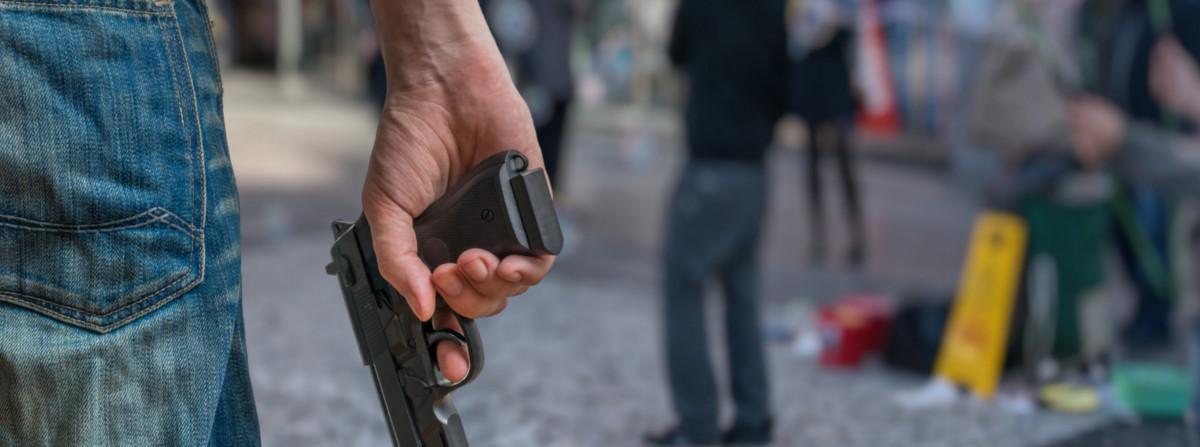Gun-related crimes are a major concern in many countries, including the United States, where the prevalence of firearms can sometimes lead to serious legal consequences. Knowing the types of gun crimes and their legal ramifications is crucial, whether you’re a gun owner or just someone interested in public safety. Here’s a breakdown of common gun crimes and the legal outcomes they may entail.
1. Unlawful Possession of a Firearm
In most jurisdictions, individuals are prohibited from owning or possessing a firearm unless they meet certain legal requirements, such as age limits or background checks. Additionally, people with prior felony convictions, domestic violence charges, or certain restraining orders are often banned from owning firearms.
Legal Consequences: Being caught in unlawful possession of a firearm can lead to fines, probation, or imprisonment. The severity of the punishment depends on factors such as prior criminal history and whether the firearm was loaded or used in the commission of another crime.
2. Carrying a Concealed Weapon Without a Permit
Many states require individuals to obtain a permit to carry a concealed firearm. Carrying a concealed weapon without the necessary permit is illegal and can lead to serious consequences.
Legal Consequences: If caught carrying a concealed weapon without a valid permit, individuals may face misdemeanor or felony charges, depending on the state’s laws and the circumstances surrounding the arrest. Penalties can include jail time, hefty fines, and the loss of the right to own firearms in the future.
3. Illegal Sale or Transfer of Firearms
The sale or transfer of firearms must be conducted in accordance with strict federal and state regulations. Selling firearms without a federal firearms license (FFL) or failing to conduct proper background checks can result in severe penalties.
Legal Consequences: Those caught selling firearms illegally face significant penalties, including federal prison sentences. Additionally, violators can be subject to hefty fines and, in some cases, civil lawsuits if the firearm is later used in a crime.
4. Assault with a Firearm
Using a firearm to commit an assault, even if no shots are fired, is considered a serious crime. This can include threatening someone with a firearm or using a gun during a physical altercation.
Legal Consequences: Assault with a firearm is often classified as a felony. Convictions can lead to long prison sentences, heavy fines, and, in many cases, the permanent loss of gun ownership rights.
5. Brandishing a Weapon
Brandishing, or waving a weapon in a threatening manner, is illegal in many places. Even if the gun is not fired or aimed directly at someone, the act of brandishing can lead to criminal charges.
Legal Consequences: In most cases, brandishing a firearm is considered a misdemeanor, but under certain circumstances, such as doing so in front of law enforcement or in a highly populated area, it can escalate to a felony charge. Punishments can include jail time, fines, and the loss of the right to carry firearms.
Conclusion: Legal Consequences Vary by Jurisdiction
The legal consequences of gun crimes vary depending on the location, severity of the offense, and whether the individual has a criminal history. In many cases, gun-related crimes lead to both state and federal charges, meaning offenders can face harsher penalties. It’s essential to understand local gun laws to avoid inadvertently committing a crime.
If you’re facing gun-related charges or need more detailed information on firearm regulations in Southern California, consult with a local attorney experienced in SoCal Criminal Law to navigate the complexities of your case.
Understanding the potential legal consequences can help mitigate risks and ensure that you remain in compliance with state and federal regulations. Always stay informed about your rights and responsibilities as a gun owner.






Recent Comments